On January 30th, 1933, a young politician of Austrian descent rose to power in Germany. His name was Adolf Hitler. The Great Depression that began in 1929 had serious economic repercussions on all Western countries, and in particular on Germany, which had never fully recovered from World War One. In 1930, the country faced a dramatic social and financial crisis. Widespread malcontent undermined confidence in the moderate government in office. A growing number of Germans became attracted to extremist political movements. On the left, the Communist Party gained popularity among workers. On the right, the armed forces and the middle class supported the National Socialist Workers’ party, better known as the Nazi Party.
Adolf Hitler, a former army corporal, led the Nazi Party. Hitler outlined the party’s political program in a book entitled Mein Kampf, my struggle. In Mein Kampf, Hitler claimed that Germany’s decline was the result of a Jewish and communist conspiracy aimed at sowing discord and weakening the nation’s economy. Hitler also evoked the birth of a new, “greater” Germany, led by a “Fürher,” a supreme commander. His words found fertile ground in the nation’s wounded pride. Hitler’s personal charisma and oratory skills helped spread his ideology. In 1930, the Nazi Party earned six million votes. Two years later, it became Germany’s majority party. Early in 1933, Hitler was appointed Chancellor of the government, second in importance only to the President. Despite its rapid rise to power, the Nazi Party still faced opposition in Germany, especially in Communist Party strongholds like Berlin.
On February 27, 1933, the German Parliament was burnt to the ground. The Nazi Party accused Marinus van der Lubbe, a Dutch Jew who upheld communist ideals. Hitler used the case to cast discredit on his political adversaries and restrict civil rights. Less than a month later, the leader of the German Communist Party and all Hitler’s other opponents were imprisoned. Hitler was now free to carry out his plans. On March 23, 1933, the “Enabling Act” was approved, giving him the right to promulgate laws without prior approval from the parliament. A de facto dictatorship had begun. Germany’s President, war hero Paul von Hindenburg, died on August 2, 1934. Hitler wasted no time, immediately taking office as President. He was also Germany’s Chancellor: his status as Fürher, the sole and supreme commander, was now official. From that moment on, Hitler would set his sights on the rest of Europe and the world.
Adolf Hitler, a former army corporal, led the Nazi Party. Hitler outlined the party’s political program in a book entitled Mein Kampf, my struggle. In Mein Kampf, Hitler claimed that Germany’s decline was the result of a Jewish and communist conspiracy aimed at sowing discord and weakening the nation’s economy. Hitler also evoked the birth of a new, “greater” Germany, led by a “Fürher,” a supreme commander. His words found fertile ground in the nation’s wounded pride. Hitler’s personal charisma and oratory skills helped spread his ideology. In 1930, the Nazi Party earned six million votes. Two years later, it became Germany’s majority party. Early in 1933, Hitler was appointed Chancellor of the government, second in importance only to the President. Despite its rapid rise to power, the Nazi Party still faced opposition in Germany, especially in Communist Party strongholds like Berlin.
On February 27, 1933, the German Parliament was burnt to the ground. The Nazi Party accused Marinus van der Lubbe, a Dutch Jew who upheld communist ideals. Hitler used the case to cast discredit on his political adversaries and restrict civil rights. Less than a month later, the leader of the German Communist Party and all Hitler’s other opponents were imprisoned. Hitler was now free to carry out his plans. On March 23, 1933, the “Enabling Act” was approved, giving him the right to promulgate laws without prior approval from the parliament. A de facto dictatorship had begun. Germany’s President, war hero Paul von Hindenburg, died on August 2, 1934. Hitler wasted no time, immediately taking office as President. He was also Germany’s Chancellor: his status as Fürher, the sole and supreme commander, was now official. From that moment on, Hitler would set his sights on the rest of Europe and the world.
RELATED
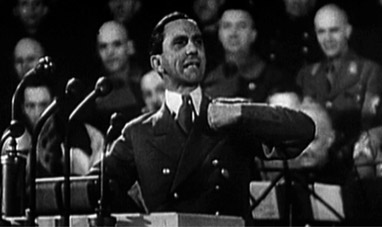

JOSEPH GOEBBELS
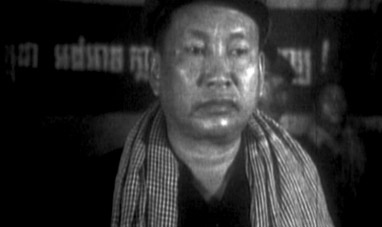

POL POT
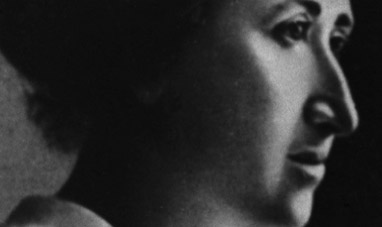

ROSA LUXEMBURG


THE FIRST GULF WAR
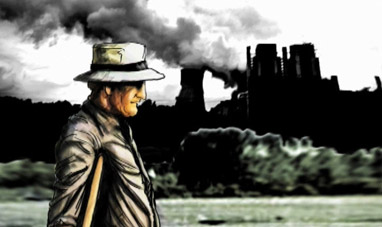

THE INDUSTRIAL REVOLUTION
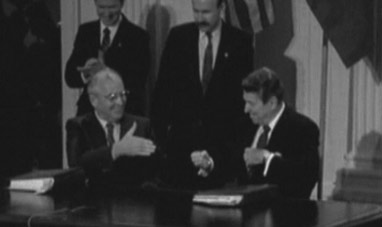

THE COLD WAR
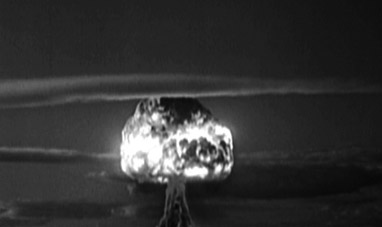

HIROSHIMA AND NAGASAKI
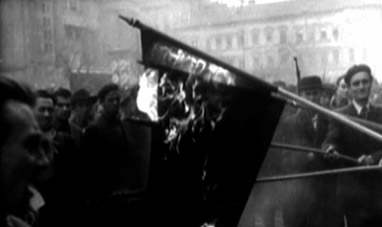

THE PRAGUE SPRING
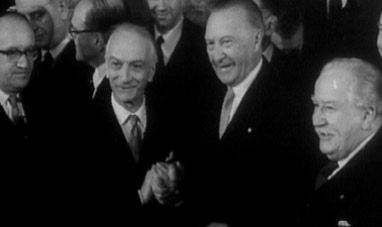

FOUNDING THE EUROPEAN COMMUNITY


1968
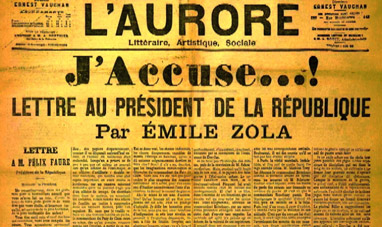

THE DREYFUS AFFAIR
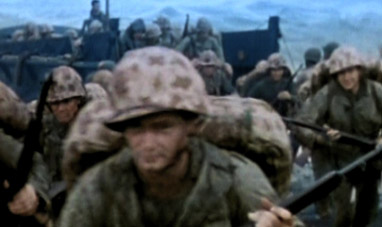

NORMANDY LANDINGS
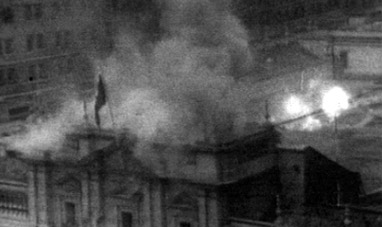

THE 1973 CHILEAN COUP
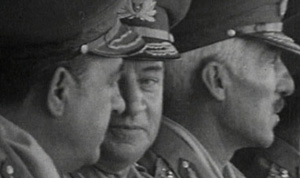

THE GREEK MILITARY COUP


THE FALL OF THE BERLIN WALL
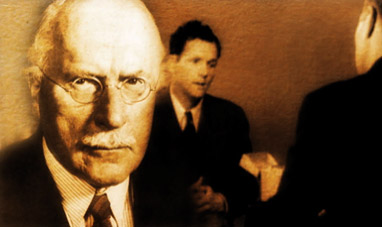

CARL GUSTAV JUNG
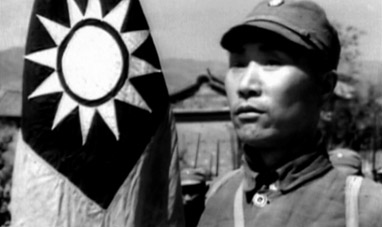

THE TAIWAN ISSUE
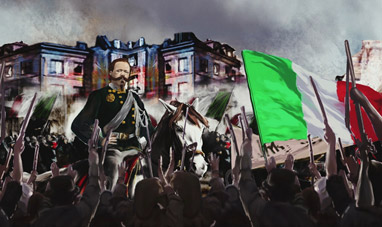

THIRD ITALIAN WAR OF INDEPENDENCE
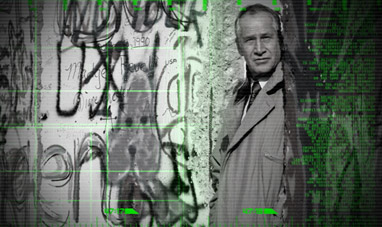

MARKUS WOLF
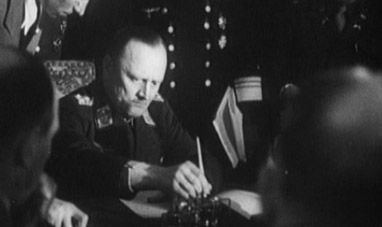

YALTA AND POTSDAM: NEW WORLD ORDER
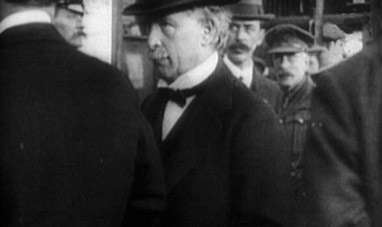

TREATY OF VERSAILLES


THE SECOND INTIFADA


APARTHEID
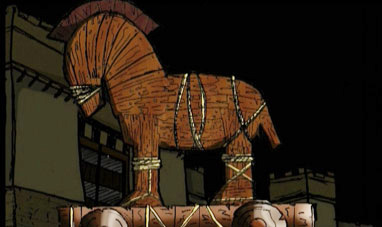

THE TROJAN WAR
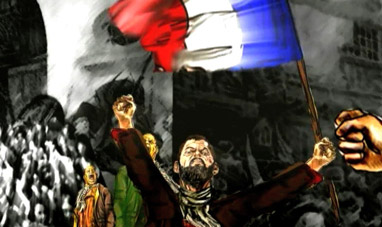

THE FRENCH REVOLUTION
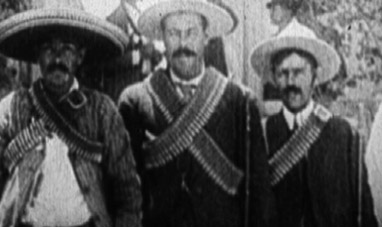

THE MEXICAN REVOLUTION
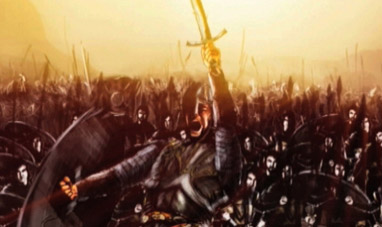

THE BATTLE OF HASTINGS
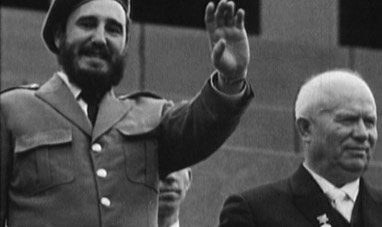

FIDEL CASTRO


TANGENTOPOLI
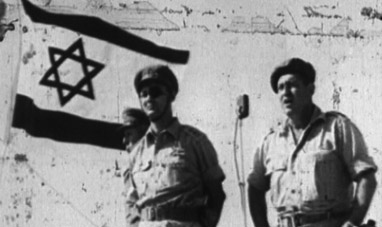

THE SIX DAY WAR
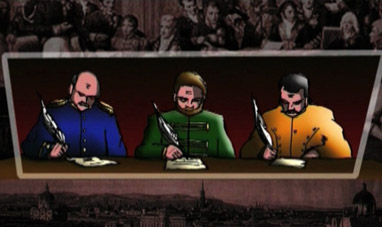

THE CONGRESS OF VIENNA
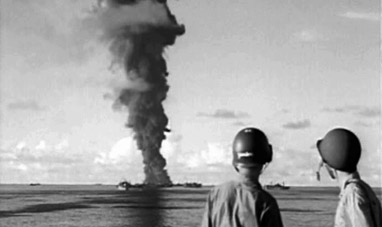

THE OUTBREAK OF WORLD WAR II
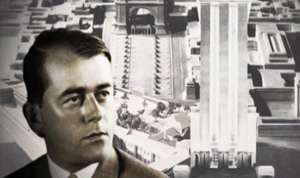

ALBERT SPEER
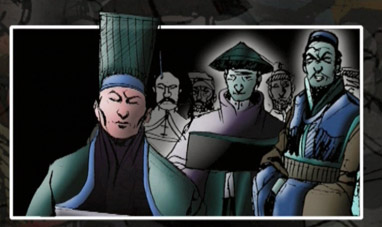

EARLY CHINESE DYNASTIES
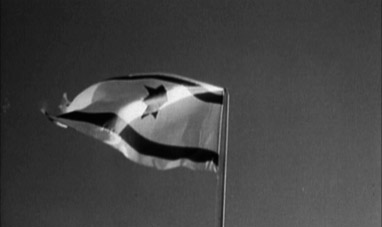

THE BIRTH OF ISRAEL
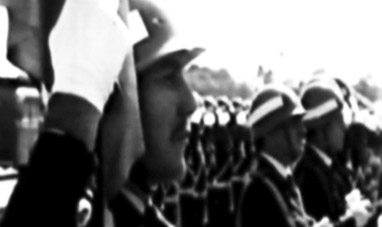

THE ARGENTINE DICTATORSHIP, 1976-1983
